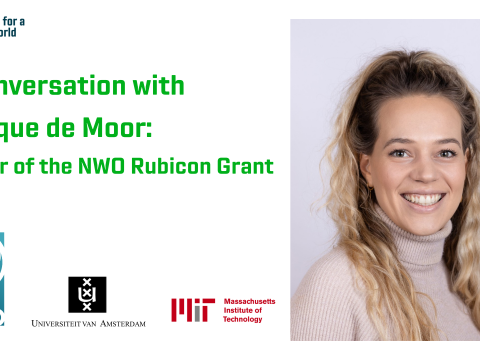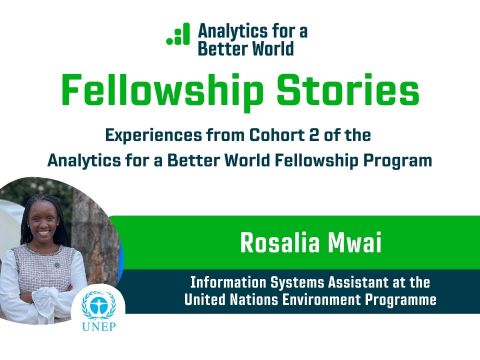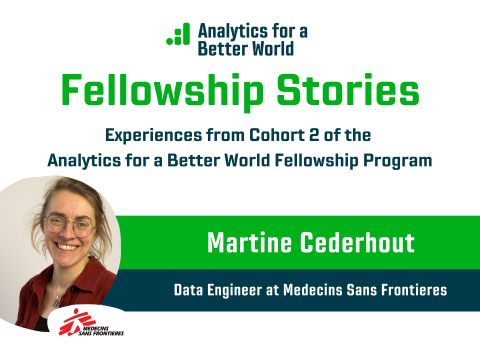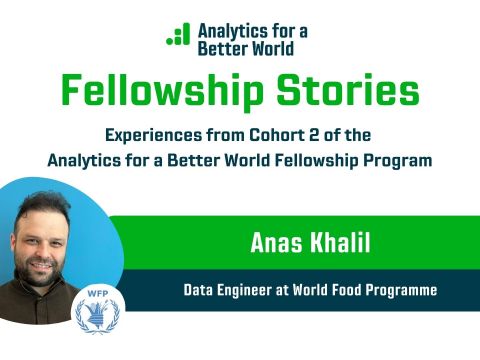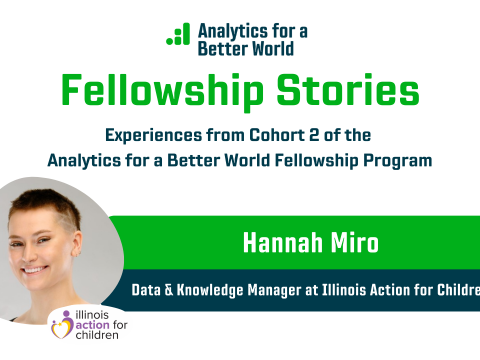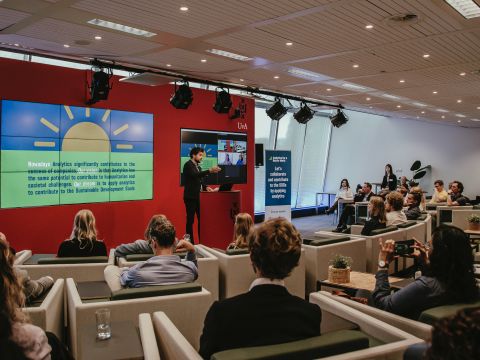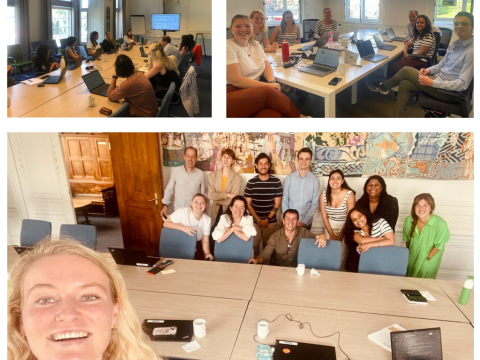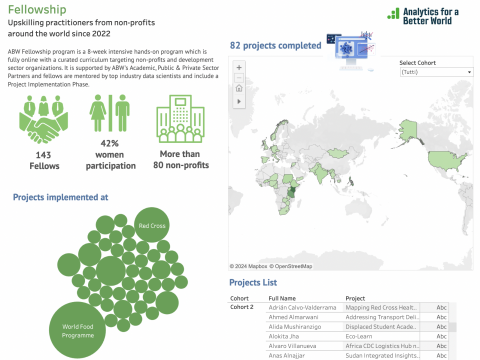Anas Khalil
See profileAnalytics for a Better World
See profileABW Fellowship Stories: Anas Khalil
Data Engineer at World Food Programme
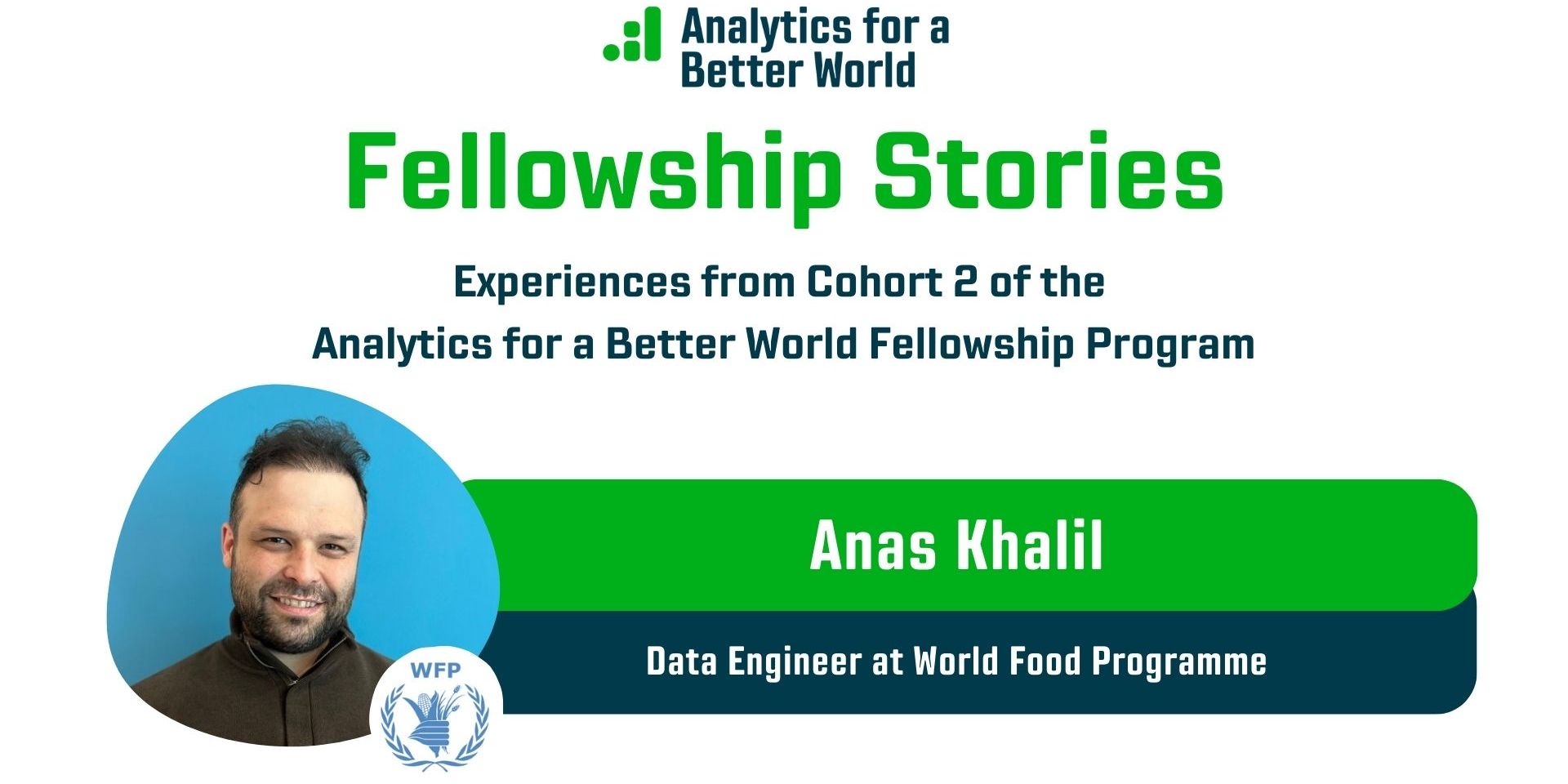
Last year, Anas Khalil, Data Engineer at World Food Programme, participated in the Analytics for a Better World Fellowship Program. During the last part of the program, Anas developed a project applying the knowledge he gathered during the fellowship classes.
Last year, Anas Khalil, Data Engineer at World Food Programme, participated in the Analytics for a Better World Fellowship Program.
During the last part of the program, Anas developed a project applying the knowledge he gathered during the fellowship classes.
The European Commission defines humanitarian cash transfer as providing money to individuals or households for emergency relief or to buy essential assets. According to the United Nations World Food Program, cash-based transfers (CBT) have become a favored assistance modality among various humanitarian organizations for reasons such as empowerment, market stimulation, and government support.
The project aimed to address significant risks in these programs and develop generic data processing scripts that can be utilized across humanitarian organizations to analyze anomaly transactions and take appropriate actions. It included scripts and data models designed for this purpose, ensuring compatibility with plug-and-play functionality.
Could you briefly introduce yourself and your work at World Food Programme?
My name is Anas, and I am a Data Engineer at WFP. I am leading a small team in WFP that performs data processing tasks. Our daily work deals with raw data of different types: structured, semi-structured, and unstructured data. We perform all necessary data processing techniques to get knowledge from the data. In my work, I have established a platform for building data pipelines, a set of tasks that happen in a sequence on the data to move it from one shape to another. Generally, I am curious about new technologies, and I like to enhance my knowledge of data; when I saw the opportunity with ABW, I was so excited to apply and happy to join such a great fellowship.
How does your anomaly detection tool help in identifying and mitigating risks in cash transfer programs? Can you describe a specific scenario where this tool made a significant difference?
Cash-based transfers are established projects governed by many strict processes, from identity targeting to assistance and graduation. The tool aims to enrich the process with an additional layer of accountability. It helps to find outliers in the transactions and be proactive rather than reactive. Outliers often tell stories, and identifying them allows the programme to reach out to them. An example of an outlier is that transactions are usually clustered at a specific time of the month or the day. Clustering the transactions and finding out transactions that don’t follow a pattern proved to be an excellent tool for accountability.
What are the major challenges you face in building and implementing data processing scripts for analysing transaction anomalies? How do you address these challenges?
Challenges are basically fundamental data challenges, such as volume, velocity, and variety. The data comes from different sources; they vary; finding keys to link them together can sometimes be challenging and require a lot of preparation work. We also deal with different partners with different capacities; governing the data input from partners is another challenge we face; we want to guarantee that data comes in good quality. The volume of the data is huge, the program is vast, and we receive a lot of metadata. Another challenge can be the ethical use of data. We follow procedures to ensure that we process data ethically, which adds additional processes, such as encryption and zero trust.
How has the ABW Fellowship program supported your work on the anomaly detection tool, and what impact has it had on the World Food Programme’s operations and efficiency in Lebanon?
The fellowship was an excellent introduction to what is possible with data processing. In general, my work has been focused on processing data, data cleansing, and shaping the data in a way that makes sense. However, I learned how to extract more advanced insight from the data and shape the data for advanced analytics; I learned more about what kind of analysis suits what type of data. This helped me look at the data at hand differently and added more depth to my work. It also helped me get to know other peers who do similar work that I do in different organizations and made me benefit from their experience.
What was your favorite part of the ABW Fellowship?
Networking and meeting interesting people. ABW phased me back into academia after a long time finishing my bachelor’s, and it was nice in the middle phase before embarking on my more technical master’s.
What advice would you give to the next cohort?
Work on what you learned and practice because you can grow more and start a self-learning journey.
What advice would you give to the next cohort?
Network, make good rapport with fellows, listen to problems, and share your experience.
